Indices
WHAT ARE INDICES IN TRADING?
An index measures the performance of a group of securities or assets. These indices can be categorized based on factors such as asset class, industry, market capitalization, geographical location, and more.
By trading indices through Contracts for Difference (CFDs), traders can take advantage of the price movements—whether up or down—of a diverse range of assets. Whether you’re in India, the Philippines, or elsewhere, trading indices gives you the opportunity to tap into global market dynamics.
Global Indices Specification
Why Trade Indices with Bullsouq?
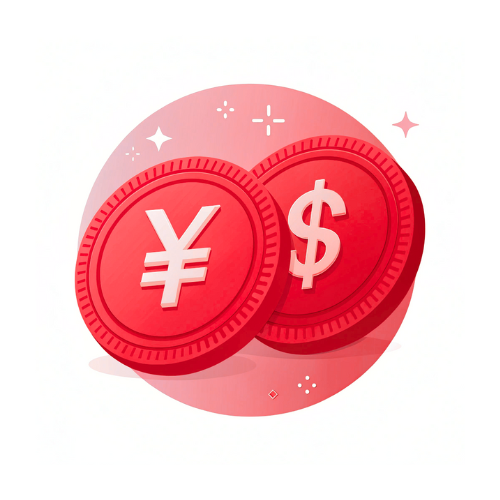
Currency Pairs

Resources
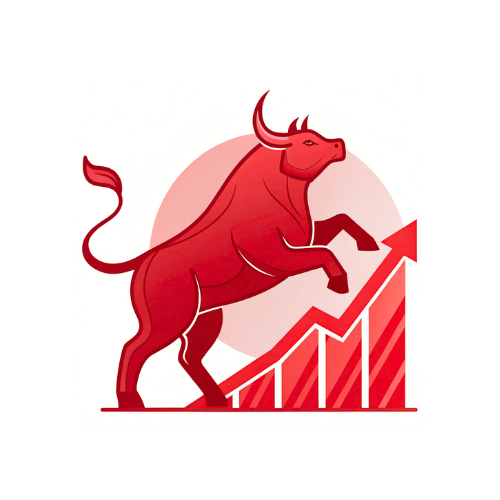
Bear Markets
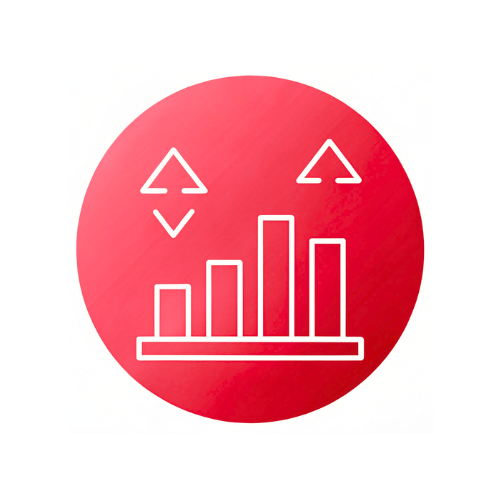
on Bullsouq
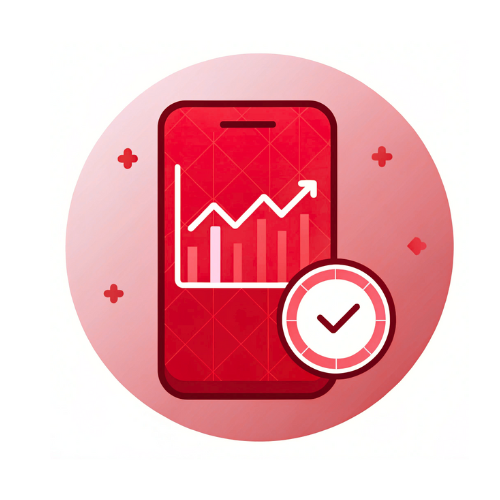
Trading Support

Tools
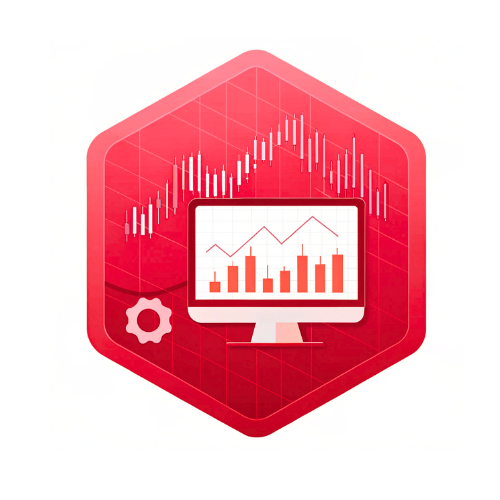
Platforms

Pricing
How Does Forex Trading Work with Bullsouq?
1️⃣ Open a Live Account – Sign up with Bullsouq and create your trading account.
2️⃣ Deposit Funds – Add funds to your account to start trading.
3️⃣ Analyze the Market – Study forex trends and choose the currency pair you want to trade.
4️⃣ Place Your Trade – Open a position and monitor market movements.
5️⃣ Close the Trade – Exit your position when the time is right to finalize your trade.
Frequently Asked Questions (FAQs)
What is the meaning of indices in trading?
Indices in trading represent the price performance of a group of stocks from a specific stock market or exchange. For example, the FTSE 100 tracks the top 100 companies listed on the London Stock Exchange. Trading indices allows you to gain exposure to an industry, sector, or entire economy through a single transaction.
By trading indices via CFDs, you can speculate on the price movements of indices, either upward or downward, without needing to own the underlying assets.
Indices trading offers a highly liquid market and extended trading hours, providing traders—whether in Thailand, the Philippines, or elsewhere—greater access to potential opportunities.
How do you trade indices?
Indices trading can be done using different instruments like futures, options, exchange-traded funds (ETFs), or CFDs. After choosing the specific index you wish to trade, it is crucial to develop a solid trading strategy. Utilizing both technical and fundamental analysis can help identify the best times to enter or exit your positions.
What are examples of indices in trading?
Some of the most popular indices to trade globally include several blue-chip stock indices, which consist of well-established companies with high market capitalizations.
Here are some well-known indices:
- Dow Jones Industrial Average (DJIA)
- S&P 500
- EURO STOXX 50
- Nasdaq 100
- FTSE 100
- DAX 30
- CAC 40
- Nikkei 225
- Hang Seng
- ASX 200
How much margin is required for indices trading?
The margin needed for trading indices depends on the available leverage. With Bullsouq, you can trade major index CFDs like DJ30, S&P500, and SPI200 with leverage up to 500:1, which means the margin requirement can be as low as 0.2%. For minor index CFDs, the maximum leverage offered is 20:1, requiring a margin of 5%.
These flexible leverage options allow traders to start with a smaller initial investment. The margin requirement at Bullsouq generally ranges from 0.2% to 5%, depending on the index being traded and the leverage used.
